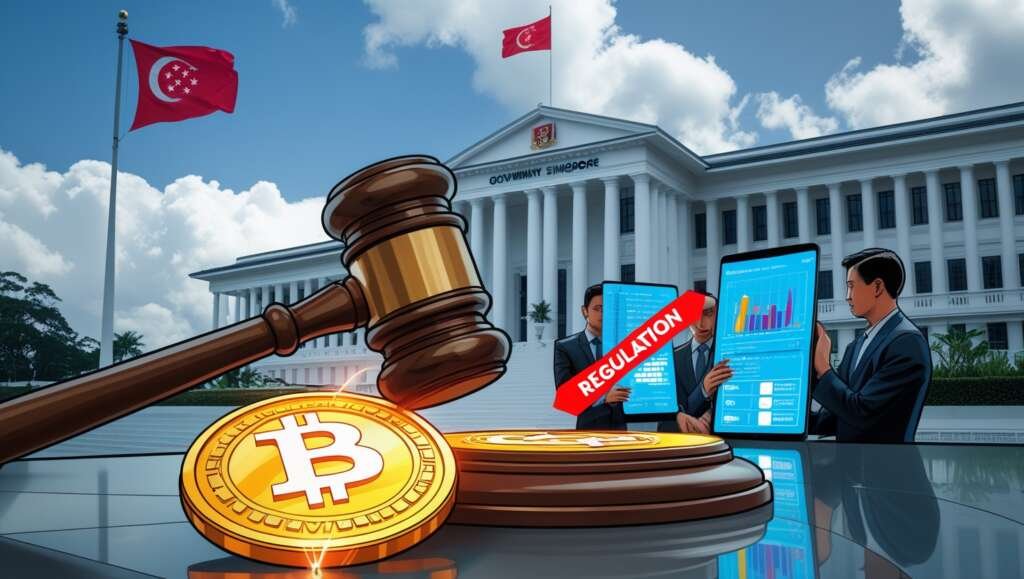In June, the Monetary Authority of Singapore (MAS) announced new rules targeting Digital Token Service Providers (DTSPs) that serve only overseas clients.
Licence or Shut Down: MAS Draws a Line
The MAS stated that DTSPs catering solely to foreign clients must obtain a license by June 30, 2024, to continue operating. Otherwise, they must cease operations. In a follow-up statement, the central bank made its position clear: it “has set the bar high for licensing and will generally not issue a licence” for such business models.
The MAS emphasized that when firms conduct regulated activities outside Singapore, the risks are greater, and oversight becomes difficult. “The money laundering risks are higher in such business models,” the MAS said. “If their substantive regulated activity is outside of Singapore, we cannot supervise them effectively.”
Rebuilding Trust After High-Profile Failures
Singapore’s move comes in response to reputational damage caused by several high-profile collapses in the crypto sector. These include the fall of cryptocurrency hedge fund Three Arrows Capital and blockchain firm Terraform Labs, both of which filed for bankruptcy in 2022.
Three Arrows Capital, once seen as a major player in the crypto hedge fund space, collapsed after a dramatic market downturn led to massive losses. In 2023, authorities arrested co-founder Su Zhu at Changi Airport as he attempted to flee the country. He received a four-month jail sentence. Later, a court in the British Virgin Islands froze US$1.14 billion in assets linked to the company’s founders.
Similarly, Terraform Labs suffered a severe blow when its algorithmic stablecoin TerraUSD and its sister token Luna crashed. The collapse wiped out nearly US$40 billion in investor funds and triggered broader losses of over US$400 billion in the global crypto market. Terraform’s South Korean co-founder, Do Kwon, was arrested in Montenegro in 2023 and later extradited to the U.S. to face fraud charges.
Experts Support Stricter Controls
Analysts welcomed the tougher rules. Chengyi Ong from Chainalysis said the MAS sent a strong message. “MAS is reinforcing that financial integrity is a red line,” she said. “The goal is to protect Singapore from reputational risk.”
Law firm Gibson, Dunn & Crutcher also supported the move. It said the new rule would help Singapore comply fully with FATF (Financial Action Task Force) standards. FATF is the global body that sets rules against money laundering and terrorist financing.
Singapore Defends Its Financial Reputation
Singapore wants to stay a trusted financial hub. But past crypto scandals have hurt its image. The government now aims to rebuild that trust.
By setting strict rules and refusing to license risky firms, MAS shows it will not tolerate weak oversight. The new rules strengthen control over crypto activity. They also protect Singapore’s financial system from abuse.
These changes signal a clear message: Singapore supports innovation—but not at the cost of its financial integrity.




